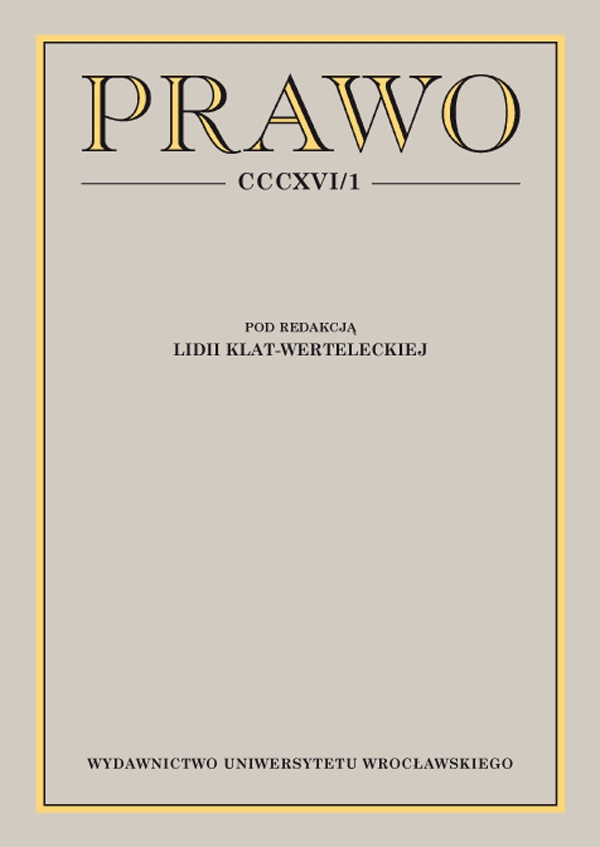

Artykuły

Documents that the contracting party may request from contractors in public procurement proceedings following the amendment of 2013 — comment on selected regulations
Public procurement system in Poland is based largely on the law of 29 January 2004, the Public Procurement Law consolidated text Journal of Laws of 2013, item 907, as amended which implements solutions applicable in the European Union procurement to the Polish legal system. It is complemented with implementing regulations to the said Act and other acts of statutory rank, such as the Law on Public-Private Partnership. Within the above-mentioned limits the contracting parties award public contracts, applying appropriate procedures depending on the nature of the contract. There is no doubt that the most commonly used is the Public Procurement Act, which has been amended several times, even in a fundamental way. A very significant regulation to the Public Procurement Act that has not been amended for many years is the Regulation of the Prime Minister on the types of documents that the contracting party may request from the contractor, and the forms in which these documents may be submitted Journal of Laws of 2009, No. 226, item 1817. Along with another major amendment to the Public Procurement Act, the regulations of which came into force on 20 February 2013, many new norms procurement processes were introduced, which greatly contributed to the introduction of corresponding amendments to the Regulation of the Prime Minister on the types of documents that may be requested from the contractor, and the forms in which these documents may be submitted Journal of Laws of 2013, item 231. A few months of the functioning of new regulations already allow formulation of the first comments on the effects of the regulation, however mainly negative.
The aforementioned amendment to the Public Procurement Act was mainly due to the need to adapt Polish legislation on public procurement to the European Union requirements. Practitioners expected that the requirements concerning documents that can be requested from the contractor in public procurement proceedings will be organized and even simplified, in order to make the already restrictive procedures less bureaucratic. It turned out, however, that many of the proposals submitted by the authorities and economic operators, were not taken into account, making some already functioning regulations more complicated, or creating new ones which cannot be put to practice.